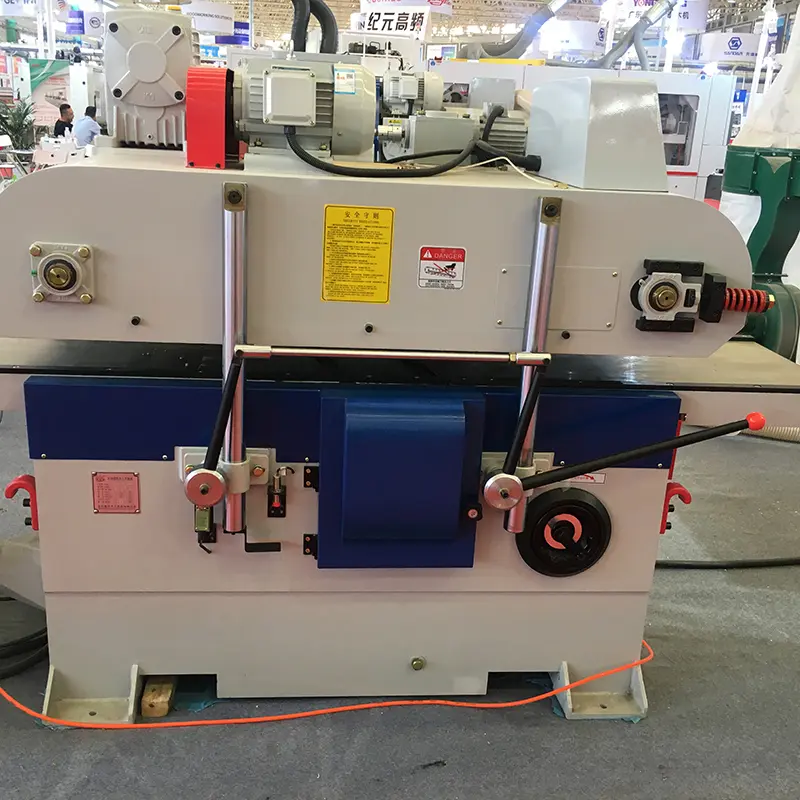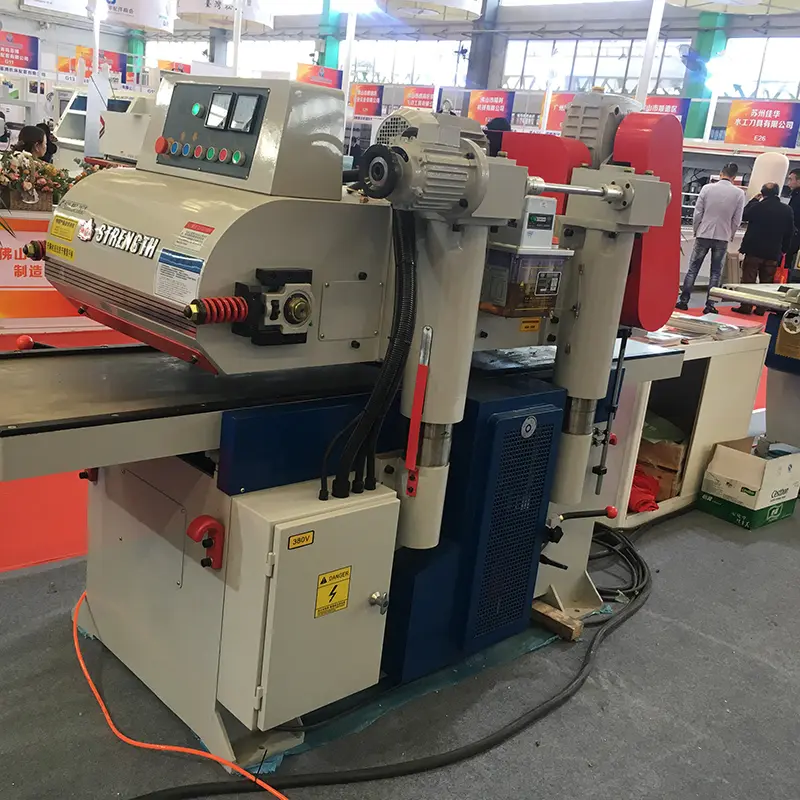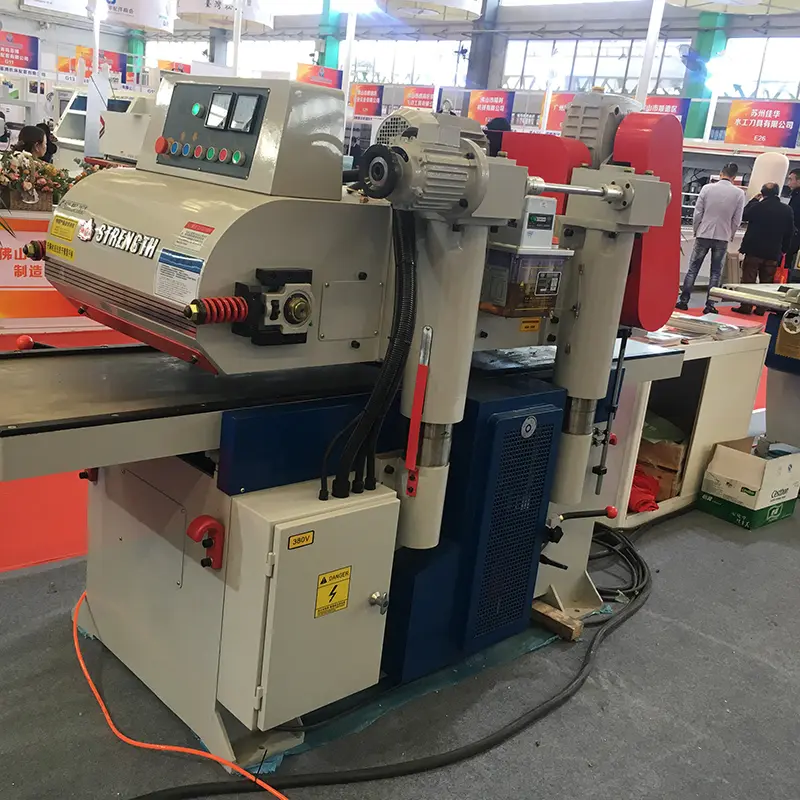If you are a hobbyist or professional woodworker, you may be deciding whether to invest in a benchtop jointer. Benchtop jointers are compact, portable machines designed to straighten and flatten the edges of rough-sawn lumber. But are they worth investing in? In this blog, we’ll explore the pros and cons of benchtop joints to help you make an informed decision.
Advantages of desktop connectors:
1. Space saving: One of the main advantages of desktop splicing machines is their compact size. Unlike large floor-standing jointers, benchtop models can be easily installed in a small workshop or garage. This makes them an excellent choice for hobbyists or woodworkers with limited space.
2. Portability: The desktop splicing machine is designed to be lightweight and portable, making it easy to move around the workshop or take to the job site. This level of mobility can be a huge advantage for woodworkers who need connectors that are easy to transport.
3. Affordable: Generally speaking, desktop connectors are cheaper than large connectors. This makes them a great choice for beginners or woodworkers on a budget who still want professional-quality results.
4. Versatility: Despite its smaller size, a benchtop jointer is still capable of handling a variety of woodworking tasks. From edge joining to face joining, these machines can help you achieve smooth, straight wood surfaces.
Disadvantages of desktop connectors:
1. Limited Capacity: One of the biggest disadvantages of desktop splicing machines is their limited capacity. Desktop models typically have smaller cutting widths and less powerful motors than larger splicing machines. This means they may not be suitable for handling larger or more demanding woodworking projects.
2. Reduced Stability: Due to their compact size, benchtop joints may not provide the same level of stability and support as larger models. This makes it more challenging to obtain accurate and consistent results, especially when using longer or heavier boards.
3. Noise and Vibration: Some users report that benchtop jointers produce more noise and vibration than larger models. This can be a problem for woodworkers who need a quieter, more stable working environment.
4. Limited adjustability: Tabletop jointers may have limited options for adjusting cut depth and fence angle. This makes it more difficult to achieve the precise precision and control required for some woodworking tasks.
All in all, a benchtop jointer can be a valuable addition to a woodworking shop, especially for hobbyists and woodworkers with limited space and budget. Their compact size, portability, and affordability make them a practical choice for many woodworking projects. However, it is important to consider their limitations in terms of capacity, stability, and adjustability. Ultimately, the decision of whether a benchtop jointer is worth it will depend on your specific woodworking needs and preferences. If you primarily work with smaller, lighter boards and need more portable and affordable connectors, a desktop model may be the right choice for you. However, if you regularly work with larger, heavier boards and require more precise and stable joints, you may want to consider investing in a larger floor-standing jointer for your woodworking projects.
Post time: Jan-24-2024



